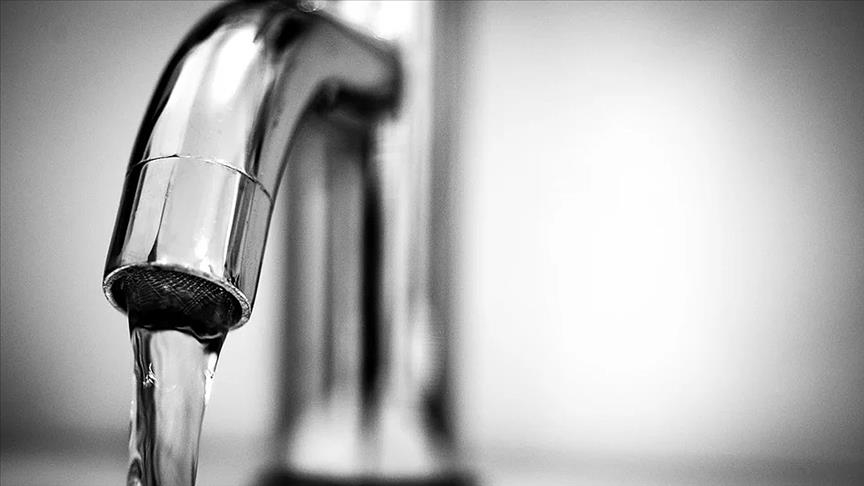1 in 4 people worldwide still lack access to safe drinking water: UN
3.4B people still lack safely managed sanitation, including 354M who practice open defecation, says WHO and UNICEF joint study

ISTANBUL
A quarter of the world's population, or 2.1 billion people, still lack access to safe drinking water, the World Health Organization (WHO) and the UN Children's Fund (UNICEF) warned Tuesday in a new report released during World Water Week 2025.
The joint study, Progress on Household Drinking Water and Sanitation 2000–2024: Special Focus on Inequalities, found that while gains have been made since 2015, billions remain without essential services, with the poorest and most vulnerable communities disproportionately affected.
According to the report, 3.4 billion people still lack safely managed sanitation, including 354 million who practice open defecation.
Another 1.7 billion people are without basic hygiene services at home, including 611 million with no facilities at all.
The findings underline stark disparities; people in least developed countries are more than twice as likely as others to be without safe drinking water and sanitation, and more than three times as likely to lack hygiene services.
In fragile contexts, coverage of safe drinking water is 38 percentage points lower than in other countries.
Rural areas have seen modest progress, with safely managed drinking water coverage rising from 50% in 2015 to 60% in 2024, while basic hygiene rose from 52% to 71%. But urban areas have shown little improvement.
The burden falls heavily on women and girls. In most countries, they remain primarily responsible for water collection, with many in sub-Saharan Africa and Central and Southern Asia spending more than half an hour each day fetching water.
Data also shows adolescent girls are less likely than adult women to attend school, work, or social activities during menstruation due to inadequate facilities.
“Water, sanitation, and hygiene are not privileges; they are basic human rights,” said WHO's environment chief, Ruediger Krech.
“We must accelerate action, especially for the most marginalized communities, if we are to keep our promise to reach the Sustainable Development Goals.”
Cecilia Scharp, UNICEF’s director of WASH, warned of the impact on children, saying: “When children lack access to safe water, sanitation, and hygiene, their health, education, and futures are put at risk. These inequalities are especially stark for girls, who often bear the burden of water collection and face additional barriers during menstruation.
At the current pace, the promise of safe water and sanitation for every child is slipping further from reach—reminding us that we must act faster and more boldly to reach those who need it most.”
Anadolu Agency website contains only a portion of the news stories offered to subscribers in the AA News Broadcasting System (HAS), and in summarized form. Please contact us for subscription options.







